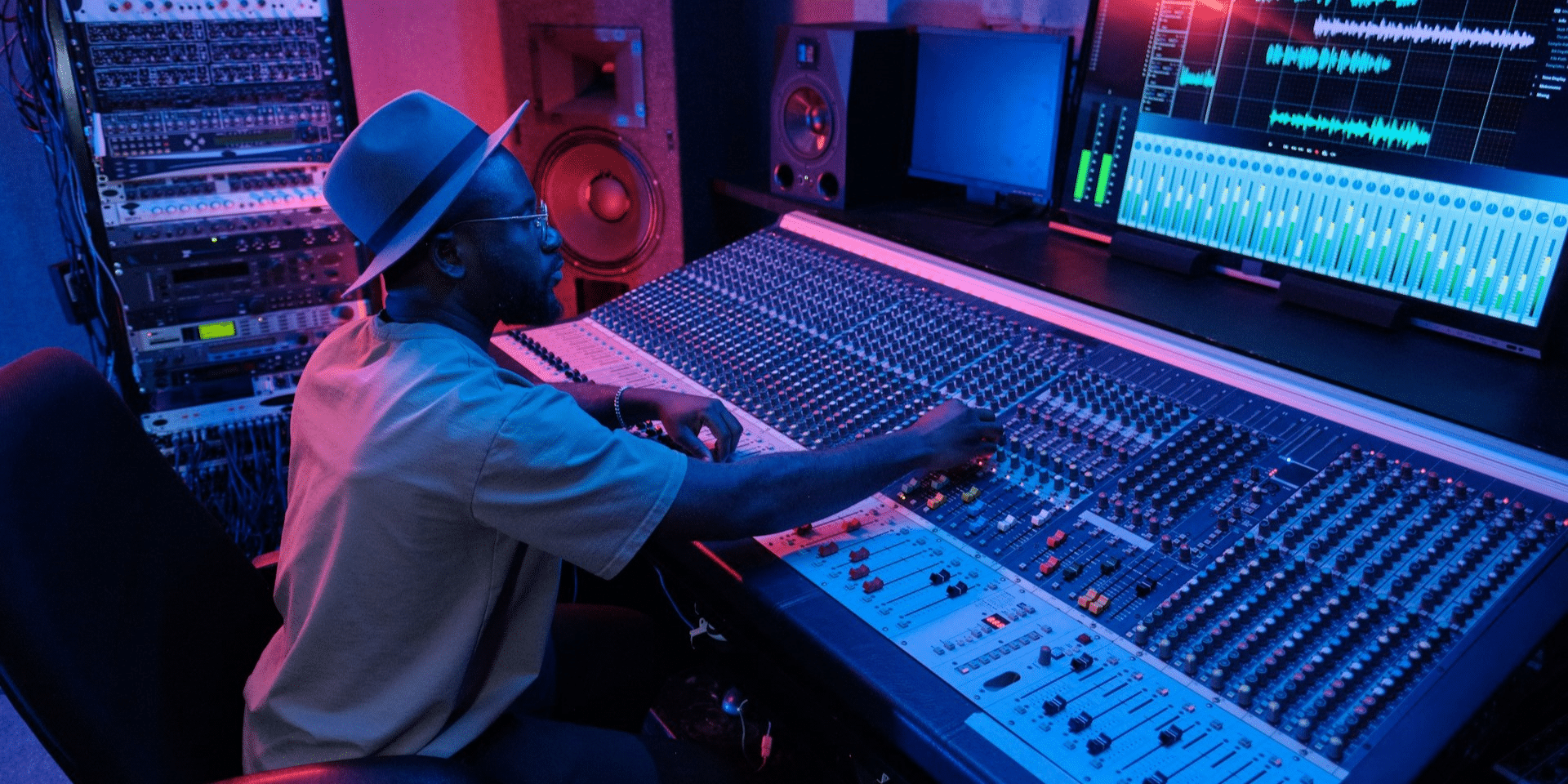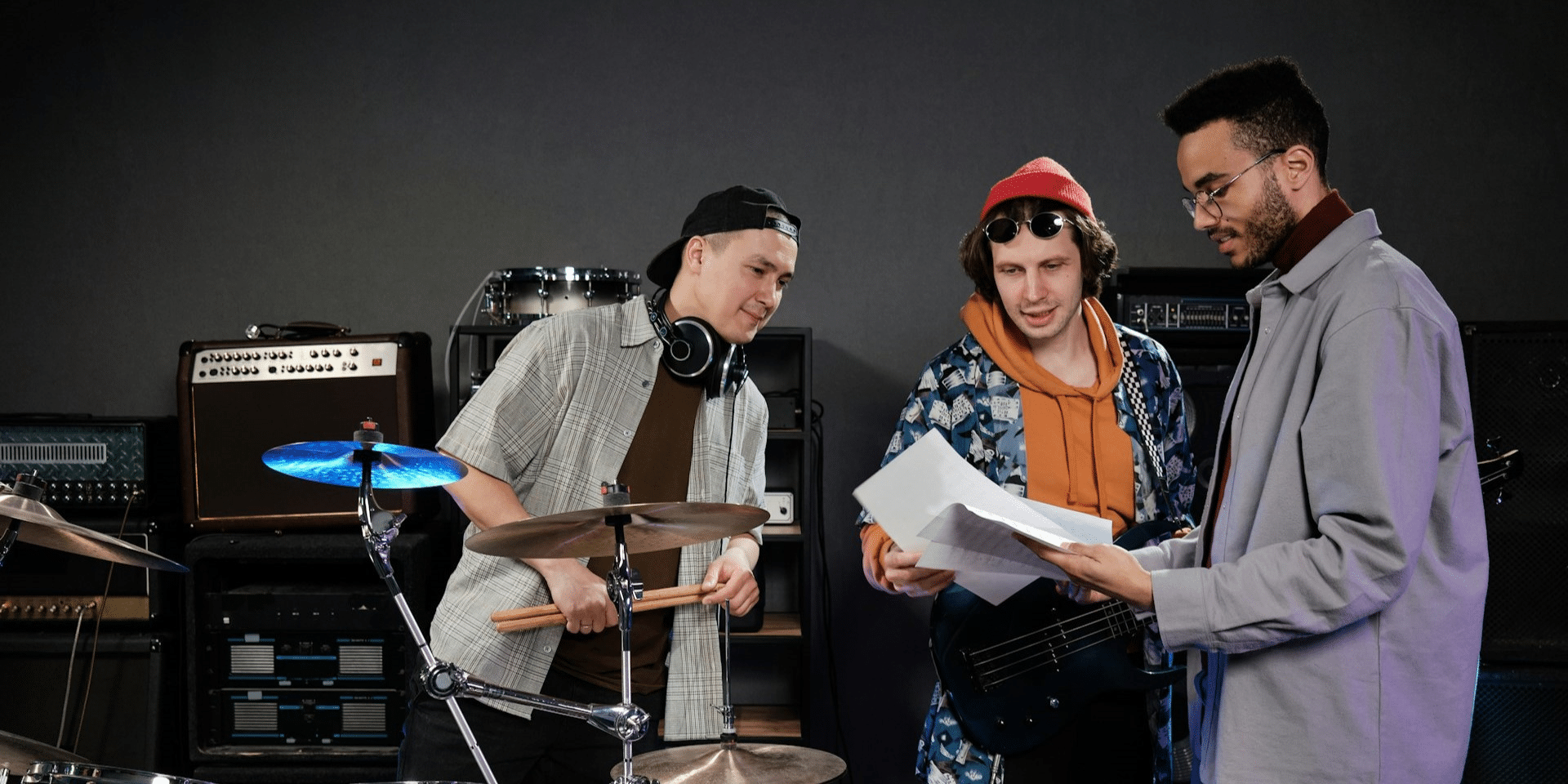The transition from music producer to artist is a journey many in the music industry aspire to make. Producers, who typically work behind the scenes, often possess the creativity and skill set necessary to step into the spotlight as artists. This article explores how producers become artists, the steps involved, and the challenges they may face along the way.
Understanding the Role of a Producer
Producers play a crucial role in the creation of music. They are responsible for shaping the sound of a track, managing recording sessions, and ensuring the final product meets high standards. A producer’s skill set includes a deep understanding of music theory, sound engineering, and the ability to work with various artists and genres.
According to Sound on Sound, successful producers must have a keen ear for detail, excellent communication skills, and a comprehensive understanding of music production technology. These skills are essential for both producing and performing as an artist.
Producers often collaborate with a wide range of musicians, singers, and songwriters. This collaboration helps them build a network within the industry, which can be advantageous when transitioning to an artist role. Networking is crucial for gaining opportunities and support from other professionals.
Billboard highlights that producers who maintain strong industry connections can leverage these relationships to promote their own music and gain credibility as artists.
Steps to Transition from Producer to Artist
One of the first steps for a producer to become an artist is developing a unique artistic identity. This involves defining their musical style, image, and brand. Producers need to determine what sets them apart from other artists and how they want to be perceived by the audience.
Rolling Stone emphasizes the importance of authenticity and originality in building an artistic identity. Producers should focus on creating music that reflects their personal experiences and creative vision.
Producers transitioning to artists must create original music that showcases their talents and style. This often means stepping out of their comfort zone and taking on roles such as songwriting and performing. The ability to produce high-quality music independently can demonstrate their capabilities as an artist.
Pitchfork notes that original compositions allow producers to express their artistic vision fully and establish a distinct presence in the music industry.
Producers have a significant advantage when becoming artists because they already possess technical skills and industry knowledge. They can use their experience in sound design, mixing, and mastering to produce polished tracks that meet industry standards.
The Berklee College of Music suggests that producers leverage their technical expertise and familiarity with the production process to create professional-sounding music that appeals to listeners and industry professionals alike.
Challenges Faced by Producers Turning Artists
One of the challenges producers face when becoming artists is overcoming stereotypes and preconceptions. The industry and audiences may initially view them solely as behind-the-scenes contributors rather than performers. Changing this perception requires consistent effort and high-quality output.
The Guardian reports that producers need to demonstrate their versatility and prove their capabilities as front-facing artists to gain acceptance and recognition.
Building a fan base as an artist can be challenging, especially for producers who are not well-known outside the industry. It requires effective marketing, social media engagement, and live performances to connect with audiences and build a loyal following.
According to Hypebot, engaging with fans through social media and live shows is crucial for gaining visibility and growing a fan base. Producers should focus on creating engaging content and interacting with their audience regularly.
Transitioning from producer to artist involves balancing multiple roles, including production, performance, and promotion. This can be demanding and requires excellent time management and organizational skills.
Music Radar highlights that producers must learn to manage their time effectively and prioritize tasks to succeed in both roles. Seeking help from managers or agents can also alleviate some of the burdens.
Success Stories of Producers Turned Artists
Several successful artists began their careers as producers. For instance, Kanye West started as a producer before becoming a renowned rapper and artist. His production skills helped him craft unique sounds that set him apart in the music industry.
Pharrell Williams is another example of a producer who successfully transitioned to an artist. His ability to produce and perform has earned him acclaim in both roles, showcasing the potential for producers to achieve success as artists.
These success stories highlight important lessons for aspiring producer-artists. Consistency, innovation, and a clear artistic vision are crucial for making a successful transition. Additionally, leveraging industry connections and continuously honing one’s craft can significantly impact an artist’s career.
The success of producers like Kanye West and Pharrell Williams underscores the importance of perseverance and adaptability in the music industry.
The journey from producer to artist is challenging but achievable with the right approach. By developing a unique artistic identity, creating original music, leveraging existing skills, and overcoming industry stereotypes, producers can successfully transition into the spotlight. The key is to remain authentic, engage with audiences, and consistently produce high-quality music. With dedication and strategic effort, producers can establish themselves as successful artists in the competitive music industry.
















